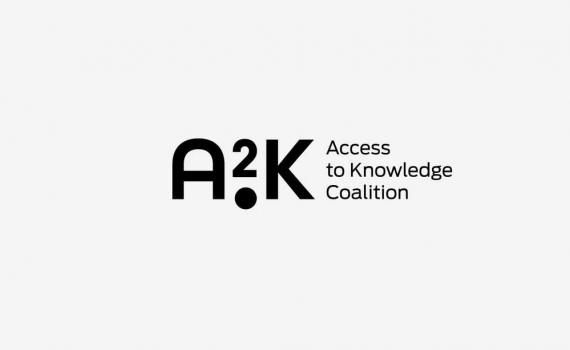
Members of the Access to Knowledge (A2K) Coalition, representing educators, researchers, libraries and other knowledge users around the globe, have released an analysis on key issues on the agenda at WIPO’s Standing Committee on Copyright and Related Rights (SCCR/44) that meets in Geneva on 6-8 November 2023. The analysis, available in English, French and Spanish, opposes the proposed broadcast treaty, proposes a way forward on limitations and exceptions, and urges the removal of work on a ‘pay to lend’ fee by libraries.
EIFL and other members of the A2K Coalition will participate in discussions on these topics at SCCR/44 in Geneva.
Major revisions required to fix the proposed broadcast treaty
The A2K Coalition opposes the proposed broadcast treaty that remains fundamentally flawed. Major revisions are required to fix the proposed treaty, currently in its third revised draft version. In particular, limitations and exceptions must be strengthened and a new ‘right of fixation’ should be removed. (For libraries and other users, a right of fixation would mean having to obtain a licence to record (fix) the content of a programme-carrying signal for another use).
Uses of broadcasts, including recording for later use, are essential for many important public interests. Recorded broadcasts are used by libraries, museums and archives to preserve history and culture, for example in the kind of specialist African media collection that was destroyed in the 2021 University of Cape Town fire. Recordings and re-transmissions of live broadcasts are used in education, including in online education that became widespread when schools were forced to close during the COVID-19 pandemic. The ability to quote broadcasts is essential for political and academic commentary that lies at the core of freedom of expression rights. Broadcasts are also used by researchers, including to enable media monitoring and analysis, and captioning of broadcast content is used to facilitate access for people with disabilities.
Implement the SCCR Work Program on limitations and exceptions
The A2K Coalition calls on the Committee to agree an implementation plan for the SCCR Work Program on limitations and exceptions, adopted at its last session in March 2023. The work program was a positive step forward and it identifies three priority issues for future work of the Committee: preservation by libraries, archives and museums; online teaching, learning and research; exploring how people with disabilities other than print disabilities can benefit from Marrakesh-type protections.
The implementation plan should contain concrete activities and timelines to advance work on the three priorities. For example, by creating expert working groups on each of the topics starting with presentations of research on the issues, drafting model objectives, principles and options (drawing on work at previous SCCRs), and proposing next steps. The working groups should have regional representation and would report back at the next session of SCCR in 2024.
Other issues - digital copyright, PLR and AI
On other issues, the A2K Coalition supports a proposal for analysis of copyright in the digital environment, and it encourages the Committee to adopt a work plan to advance discussion on this important topic.
It opposes further work on public lending rights (PLR) requiring public libraries to pay a lending fee to rightsholders for the non-commercial lending of books to patrons. Instead the Coalition recommends that SCCR devotes more time to understanding new issues and technologies, such as generative AI (computer-based deep learning models that can generate or create new text, images and other content based on the data they were trained on), that raises challenging new questions about copyright and authorship.
More information
Read the A2K Coalition Briefing Note here in English, French and Spanish.
SHARE / PRINT









